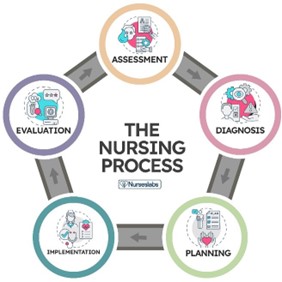A nurse is caring for a client admitted to a mental health facility who asks. “Can I refuse the Electroconvulsive Therapy (ECT) treatment scheduled for tomorrow?” Which is the appropriate answer for the nurse?
You have given signed consent for the treatments after they were explained to you.
You will feel better after the course of treatments.
You can refuse them, but the provider believes they are necessary.
You have the right to refuse even though the consent form has been signed.
The Correct Answer is D
Every patient has the right to refuse treatment, including Electroconvulsive Therapy (ECT), even if they previously provided consent. The nurse should respect the client's autonomy and inform the client of their right to refuse the treatment, even if the healthcare provider believes it is necessary. It is important for the nurse to discuss the potential risks and benefits of the treatment with the client to make an informed decision. The nurse should also document the client's decision and communicate it with the healthcare provider.
Nursing Test Bank
Naxlex Comprehensive Predictor Exams
Related Questions
Correct Answer is D
Explanation
The ethical principle of justice governs this situation. Justice refers to the fair and equal treatment of all individuals. In this case, the nurse is concerned about whether staff are behaving ethically by using different approaches to prevent self-mutilation in two different clients. The principle of justice would require that both clients receive fair and equal treatment based on their individual needs and circumstances.
Correct Answer is C
Explanation
In this phase, the nurse takes action to help the client manage their anxiety and prevent a panic attack. By instructing the client to remain seated and offering them the opportunity to use their journal, the nurse is providing a calming and grounding intervention that can help the client regain control of their emotions and remain engaged in the group therapy session.

Whether you are a student looking to ace your exams or a practicing nurse seeking to enhance your expertise , our nursing education contents will empower you with the confidence and competence to make a difference in the lives of patients and become a respected leader in the healthcare field.
Visit Naxlex, invest in your future and unlock endless possibilities with our unparalleled nursing education contents today
Report Wrong Answer on the Current Question
Do you disagree with the answer? If yes, what is your expected answer? Explain.
Kindly be descriptive with the issue you are facing.
